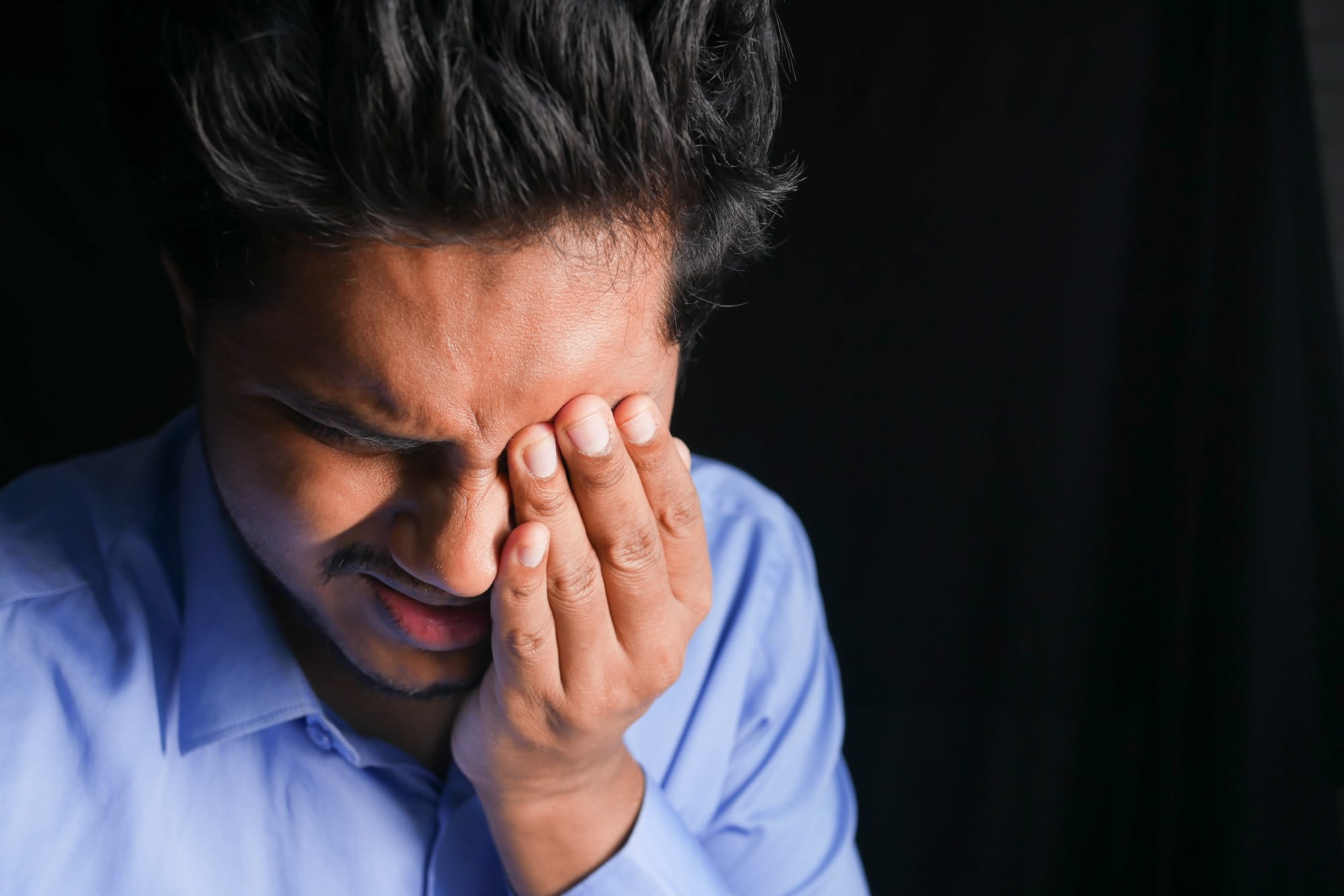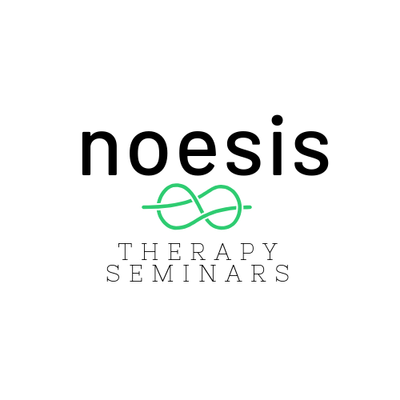Managing Symptoms and Coping Strategies during Concussion Rehabilitation

Managing Symptoms and Coping Strategies during Concussion Rehabilitation
Recovering from a concussion can be a challenging and frustrating process. Concussions, also known as mild traumatic brain injuries, can cause a range of symptoms such as headaches, dizziness, fatigue, and difficulty concentrating. While rest is a crucial part of the recovery process, there are several other strategies that can help manage symptoms and aid in the rehabilitation process. Here are five tips on managing symptoms and coping strategies during concussion rehabilitation:
- 1. Seek medical care and follow the recommended treatment plan: It is essential to consult with a healthcare professional if you suspect you have a concussion. They will be able to diagnose your condition and provide guidance on the best course of treatment. It is crucial to follow their instructions and attend any follow-up appointments to ensure proper healing.
- 2. Get plenty of rest: Rest is crucial in allowing the brain to heal after a concussion. Avoid activities that could worsen symptoms, such as physical exertion, intense mental activities, and prolonged screen time. It is important to listen to your body and take breaks as needed. Be sure to get enough sleep and establish a regular sleep routine to aid in the healing process.
- 3. Manage symptoms with over-the-counter medications: Over-the-counter pain relievers like acetaminophen or ibuprofen can help alleviate headaches and mild pain associated with a concussion. However, it is important to consult with a healthcare professional before taking any medication to ensure it is safe and appropriate for your specific situation.
- 4. Gradually reintroduce activities: Once symptoms begin to improve and with the guidance of a healthcare professional, it is important to gradually return to activities. Start with light activities and gradually increase the intensity as tolerated. It is crucial to monitor symptoms and take breaks as needed. Pushing too hard or returning to activities too quickly can worsen symptoms and delay the recovery process.
- 5. Practice cognitive and physical rest: Give your brain a break by limiting activities that require intense concentration or mental exertion. This can include tasks such as reading, studying, or even watching TV or using electronic devices for an extended period. Instead, engage in activities that promote relaxation and rest, such as listening to music, practicing deep breathing exercises, or going for gentle walks.
It is important to note that every individual's concussion recovery journey is unique, and what works for one person may not work for another. It is crucial to listen to your body and work closely with a healthcare professional throughout the rehabilitation process. Here are some additional coping strategies that can help manage symptoms during concussion recovery:
- Stay socially connected: Isolation can contribute to feelings of frustration and sadness during the recovery process. Stay connected with friends and family members who can provide support and understanding. Engage in activities that bring joy and avoid isolating yourself.
- Use relaxation techniques: Practice relaxation techniques such as deep breathing exercises, meditation, or progressive muscle relaxation to reduce stress and promote relaxation. These techniques can help manage symptoms such as headaches, anxiety, and sleep disturbances.
- Keep a symptom diary: Keeping track of your symptoms can help identify triggers and patterns. Note down any symptoms you experience, the severity, and the activities or situations that may have contributed to them. This information can be useful when discussing your progress with healthcare professionals and adjusting your treatment plan.
- Ask for help: Do not hesitate to ask for assistance with daily tasks or responsibilities to avoid overwhelming yourself. Friends, family members, or healthcare professionals can provide support and assistance during your recovery.
- Stay positive: It is natural to feel frustrated or discouraged during concussion recovery, but maintaining a positive mindset is essential. Celebrate small achievements and milestones along the way, and remember that recovery takes time and patience.
In conclusion, managing symptoms and coping strategies during concussion rehabilitation requires a comprehensive approach that includes seeking medical care, getting plenty of rest, gradually reintroducing activities, practicing cognitive and physical rest, and utilizing additional coping strategies. Each individual's recovery journey is unique, and it is important to work closely with healthcare professionals and listen to your body throughout the process. With proper care and patience, most people recover fully from a concussion and regain their normal functioning.
